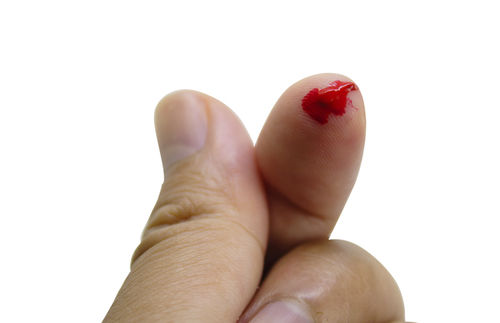Catalyst’s CB 2679d Was Shown to Outperform BeneFix in Phase 1/2 Trial in Hemophilia B

Results of the first group of patients with hemophilia B treated with Catalyst Biosciences’ lead candidate CB 2679d in a Phase 1/2 clinical trial demonstrated its improved stability and activity compared to Pfizer’s BeneFix standard-of-care replacement therapy.
CB 2679d (also known as ISU304), was designed to be the next-generation of coagulation factor IX to be used as prophylactic therapy for the prevention of hemophilia B bleeding episodes.
Catalyst is collaborating with ISU Abxis of South Korea, which uses the alternate name ISU304 for the therapy, to conduct the Phase 1/2 trial (NCT03186677) to test the safety, overall stability, and response of this new engineered coagulation factor IX. The study is being conducted at three clinical sites in South Korea and is expected to include 12 patients with moderate to severe hemophilia B.
The investigators started this open-label study by comparing the overall response of a single intravenous administration of 75 IU/kg BeneFix with a single subcutaneous administration of 75 IU/kg CB 2679d. A cohort of three patients with hemophilia B received BeneFix and were observed for 72 hours, followed by CB 2679d, also followed by 72 hours of observation.
The first results showed that CB 2679d could induce a 22 times more potent response than that observed with BeneFix. In addition, the new recombinant clotting factor demonstrated an improved stability, remaining in circulation in the body longer than BeneFix.
“We are excited that the higher potency and improved pharmacokinetics [behavior of the drug in the body] of CB 2679d have been demonstrated in this clinical trial,” Nassim Usman, PhD, president and CEO at Catalyst, said in a press release.
“We believe that CB 2679d will have advantages over the currently approved intravenous prophylactic treatments that are known to have a prolonged period of low activity levels with increased risk of spontaneous bleeding.”
The trial will also test the bioavailability and clotting ability of an increasing dosage of CB 2679d – 150 IU/kg and 300 IU/kg – administrated subcutaneously compared to 75 IU/kg intravenous dosage. It will also evaluate the safety and activity of daily subcutaneous injections of CB 2679d (300 IU/kg) for up to six days.
More preliminary top-line results of the trial are expected by the end of 2017. The trial is expected to be completed in early 2018.
In June 2017, the investigational drug was granted orphan drug status by the European Commission for the treatment of hemophilia B.






